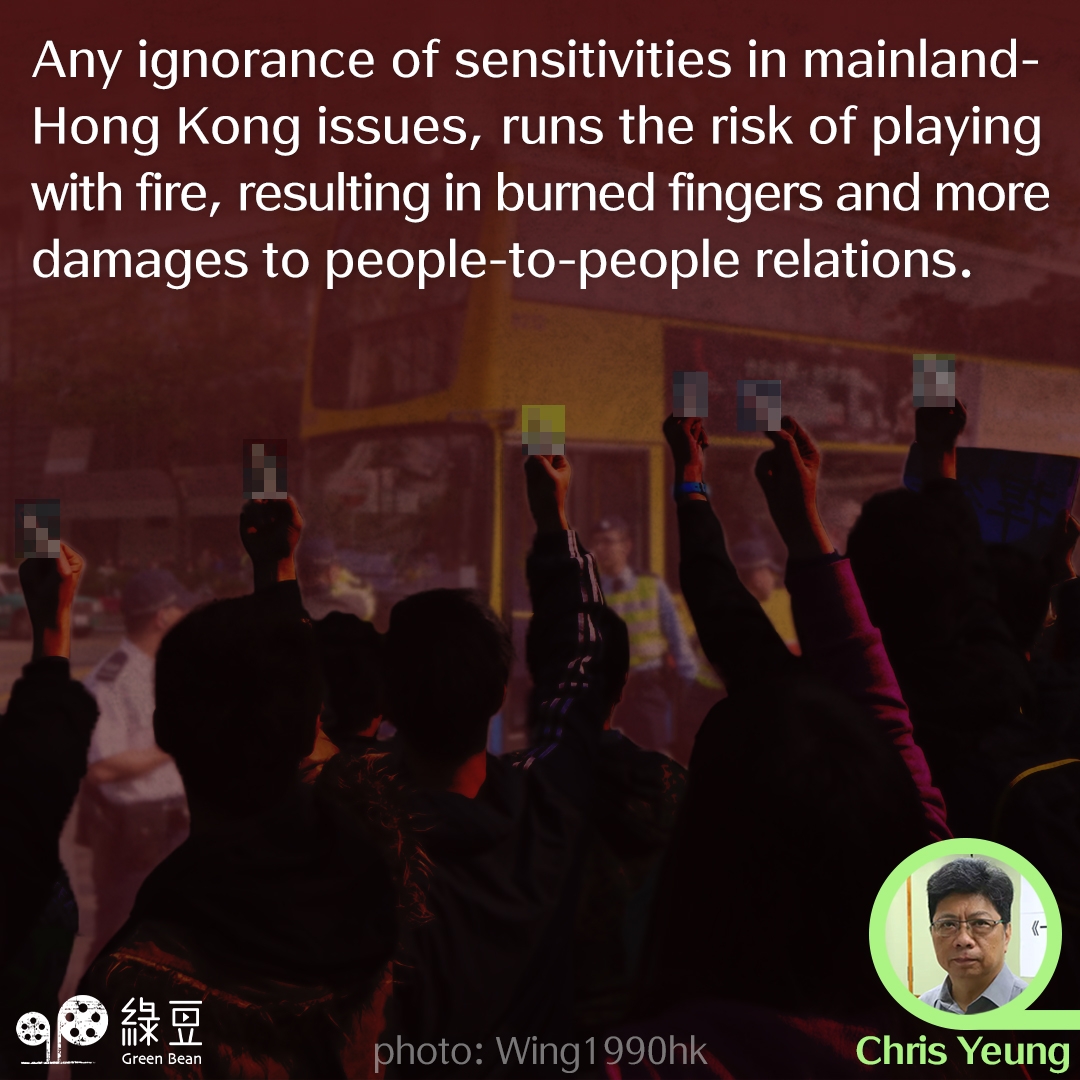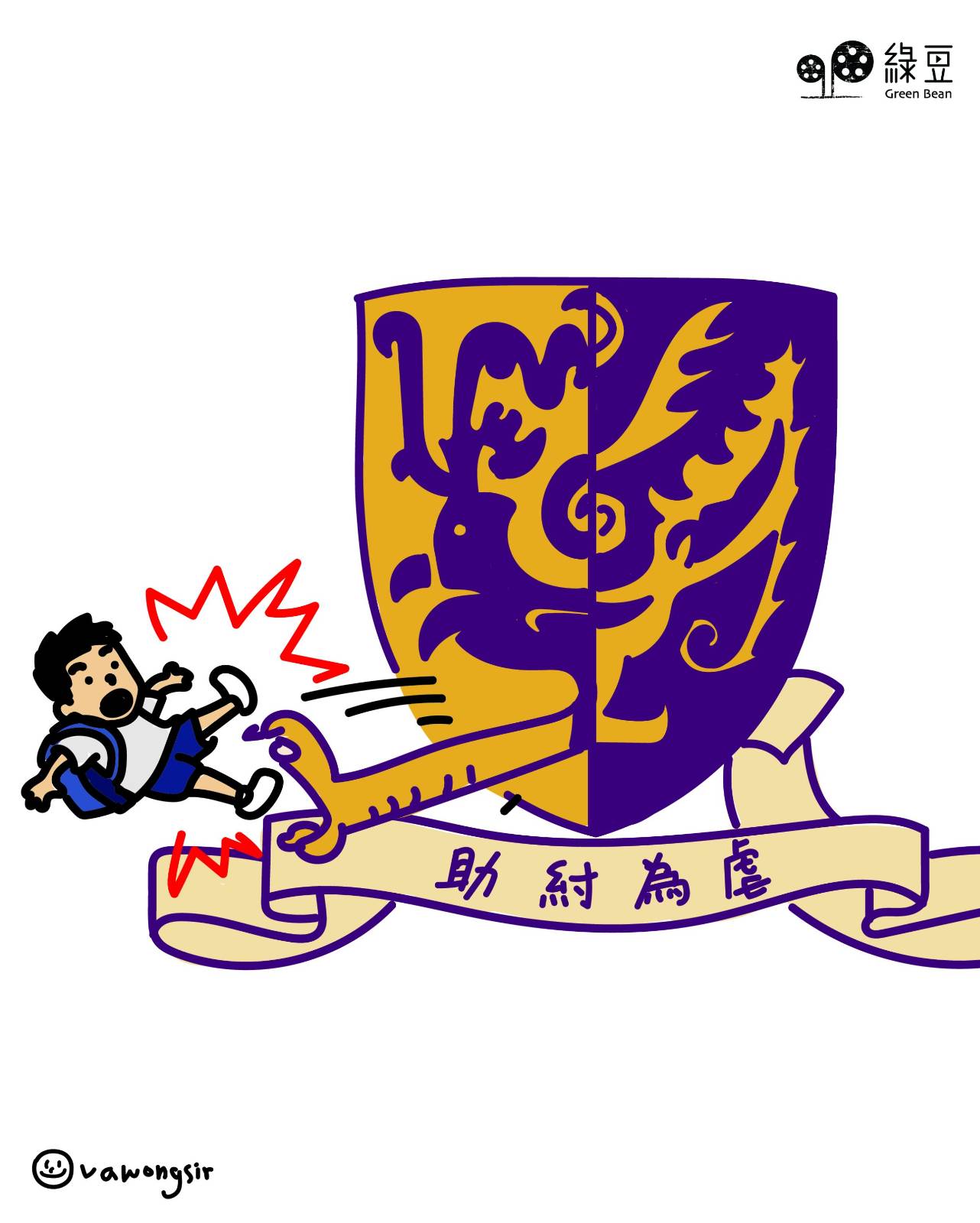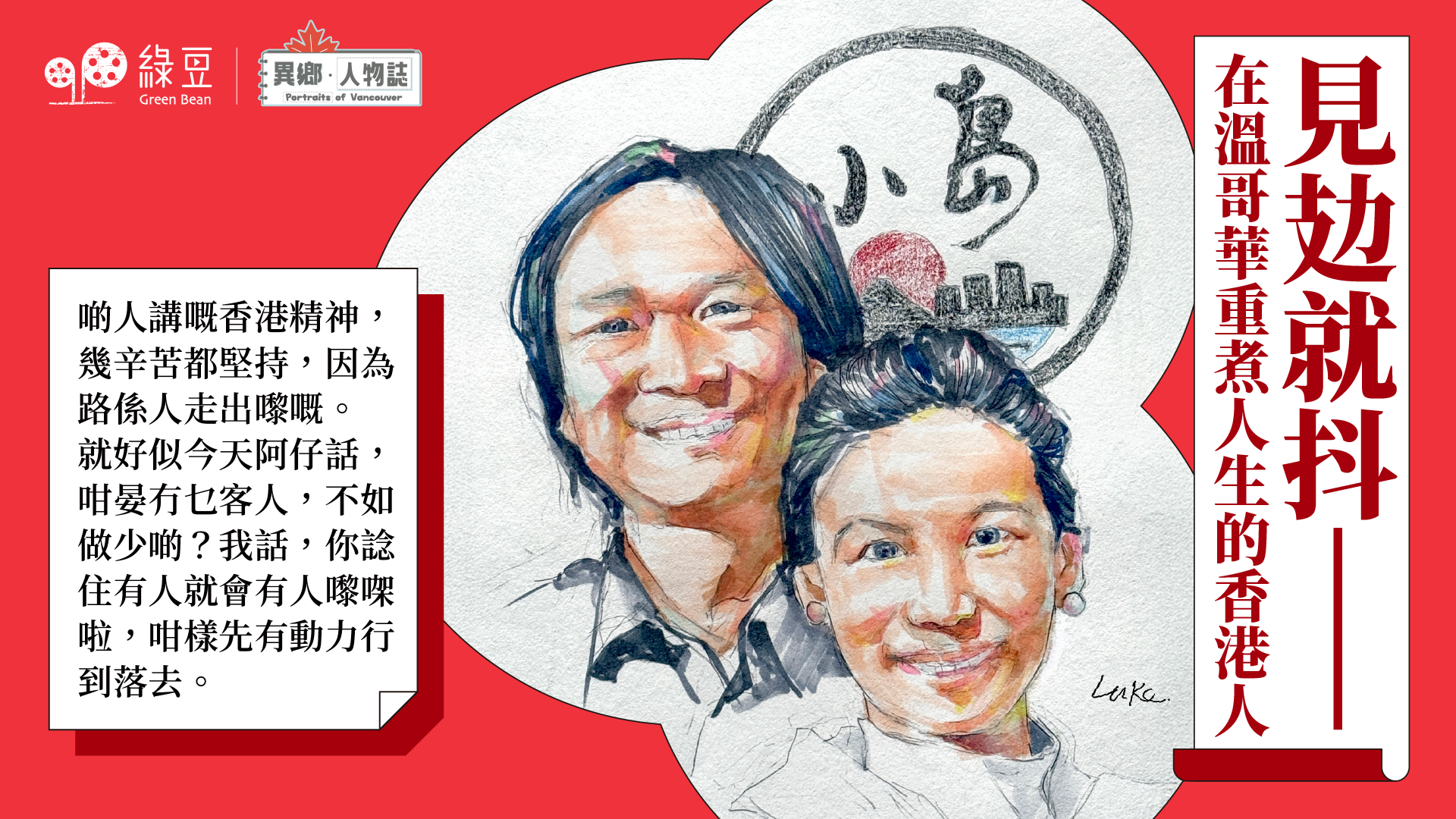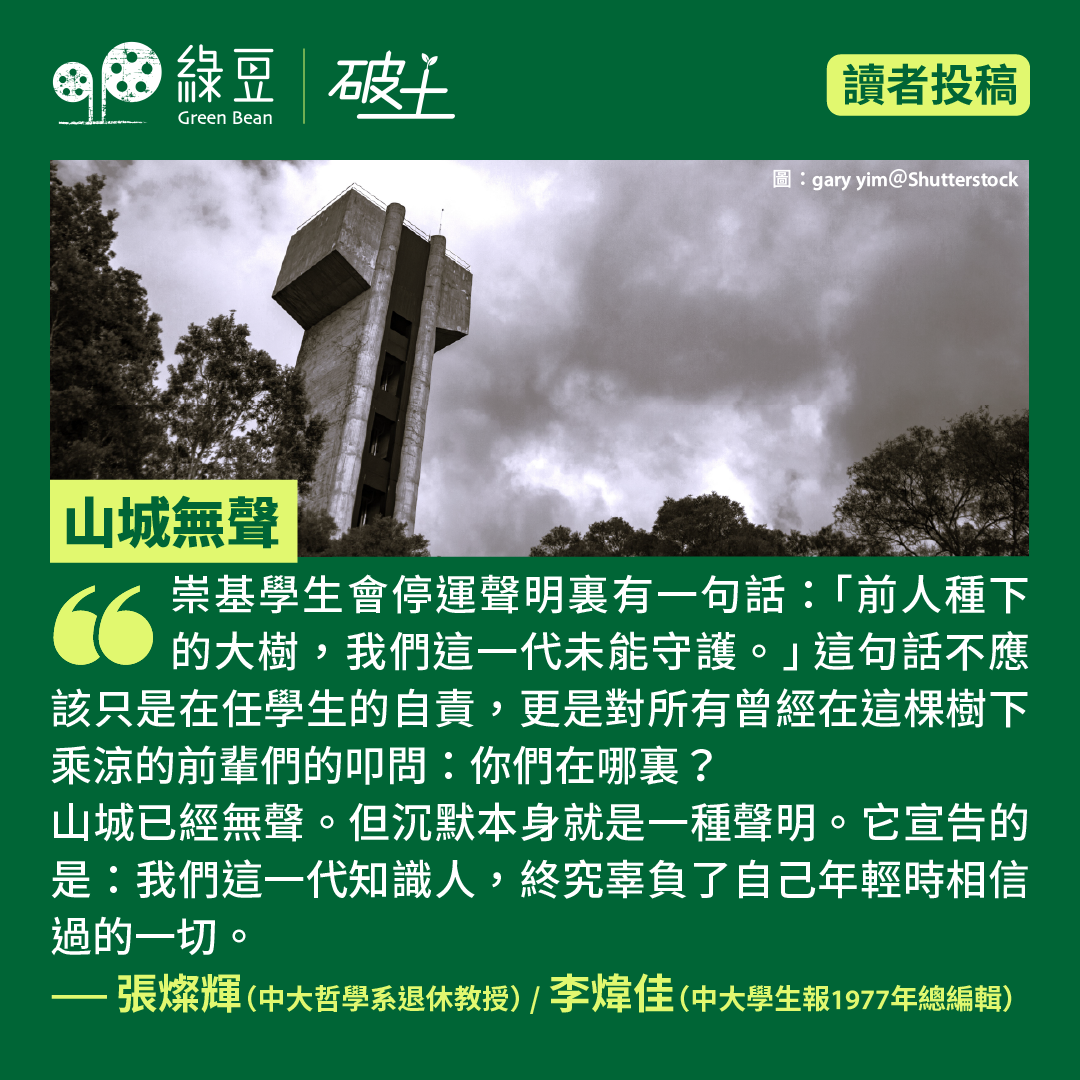The troubled mainland-HK waters

About a decade ago, the then chief executive Leung Chun-ying had coined the term nei jiao (內交), which literally means “internal diplomacy”, as he walked the talk of bolstering ties between Hong Kong and the mainland.
Putting aside other policy fronts, his “internal diplomacy” was a dismal failure. It could not be more ironic and embarrassing that his five-year term saw sharp conflicts between locals and mainland visitors and parallel traders.
Championing for the rights of local Hongkongers when matters involved the mainland, a “localist movement” emerged. “Localists” had built up strength to become a new force in the pro-democracy camp, bringing about profound changes in the political landscape and strain in mainland-Hong Kong relations.
The 2019 anti-extradition bill protest and its aftershock had rocked the pro-democracy camp. The “localists” are now nowhere to be seen. The mainland-Hong Kong relations, however, remain riddled with cross-currents and tensions.
Unrelated though they are, a row over alleged discrimination against mainland passengers by three Cathay Pacific cabin crew staff and a separate controversy over a government organ donation register system are stark reminders of the complexities and sensitivities of mainland-Hong Kong ties.
The Cathay Pacific case came to light on Monday (22/5) after a post on Chinese social media platform Xiaohongshu (小紅書)alleged that some crew members on the flight from Chengdu had insulted non-English speakers after a passenger mixed up the words “carpet” and “blanket” while speaking to a flight attendant.
The post went viral.
A signed commentary published on the People’s Daily also weighed in on the incident. It said those who stirred up conflicts between Hong Kong and the mainland have gone into hiding after the enactment of the national security law. It alleged some people in the airliner were still lurking in a dark corner, not knowing time has changed.
With integration between Hong Kong and the mainland deepening and cross-border interactions flourishing, it said those who look down on those who speak putonghua and worship those who speak English will vanish in the mega-wave of history.
Cathay posted on social media on Tuesday night that it had completed its investigation into the incident and had dismissed three of its staff according to the company’s regulations.
On Wednesday, Chief Executive John Lee expressed deep disappointment and indignation over claims of discrimination against Cathay Pacific passengers who don’t speak English.
“These disrespectful remarks and actions have hurt the feelings of both Hong Kong and mainland compatriots, and damaged Hong Kong’s reputation for being respectful, courteous and inclusive.”
Faced with enormous pressure, the Cathay management acted swiftly to cut loss by axing the three flight attendants. But the fact that the incident was blown out of proportion and the increasingly assertive approach of the mainland officialdom look set to make more waves in the mainland-Hong Kong waters.
It is purely coincidental that a controversy over alleged irregularities in an official organ donation register heated up about the same time that the storm of alleged discrimination against mainland travelers hit the city.
They have one thing in common, namely the mainland factor, nevertheless.
The Government revealed last week a surge in requests to withdraw from the Centralised Organ Donation Register since December. They include cases of people who had not registered at all. Citing the irregularity, officials accused unnamed people of sabotaging the register system.
In hard-hitting words, Chief Executive John Lee Ka-chiu on Tuesday called it “shameful and disgraceful” behaviour as he ordered the Police to probe into the suspected sabotage.
One day later, Justice Secretary Paul Lam said he did not have enough information to judge on whether there is anything unlawful.
It cannot be more obvious that the surge of opt-out by would-be donors was prompted by talks between Hong Kong and the mainland for a cross-border organ donation “mutual-help” scheme.
Being left in the dark about the scheme and fretful about abuses if the Hong Kong system integrates with the mainland’s, it is understandable that some may cancel their registration, at least for now.
But to conspiracy theorists, the surge was seen as a fresh plot by die-hard trouble-makers to mount “soft resistance” against the regime.
One commentary article in a pro-Beijing online media claimed the so-called strategy of “de-registering” from the organ donation register bore resemblance to those in the “2019 black violence.” Both were allegedly aimed to incite anti-Chinese sentiments.
The term “internal diplomacy” does not seem to be in the dictionary of John Lee. But he has made no less efforts than Leung in cultivating ties with the mainland since he took office. The cross-border organ donation system is one example.
But any ignorance of sensitivities in mainland-Hong Kong issues, unintentionally or deliberately, runs the risk of playing with fire, resulting in burned fingers and more damages to people-to-people relations.
▌[At Large] About the Author
Chris Yeung is a veteran journalist, a founder and chief writer of the now-disbanded CitizenNews; he now runs a daily news commentary channel on Youtube. He had formerly worked with the South China Morning Post and the Hong Kong Economic Journal.





